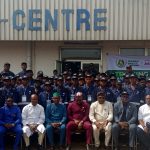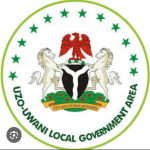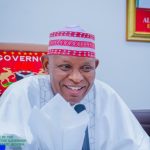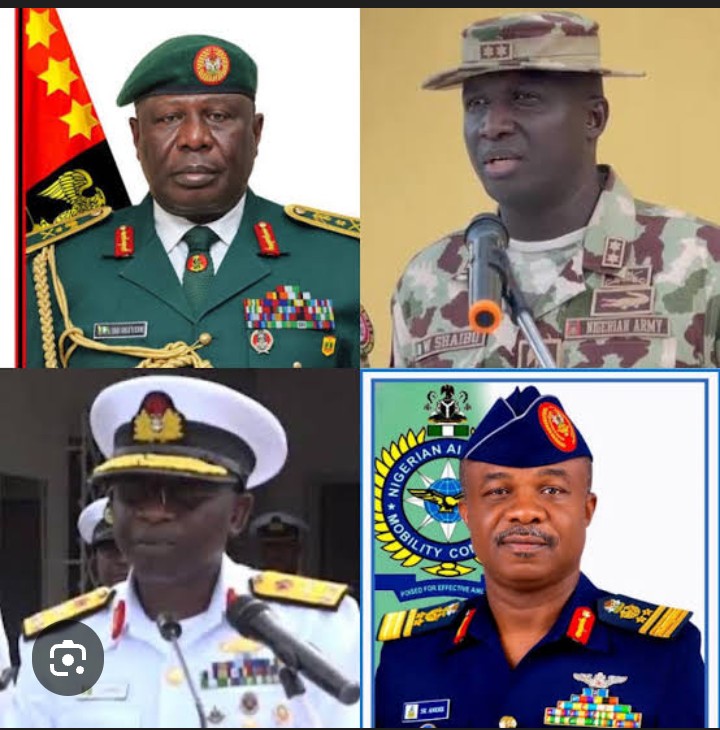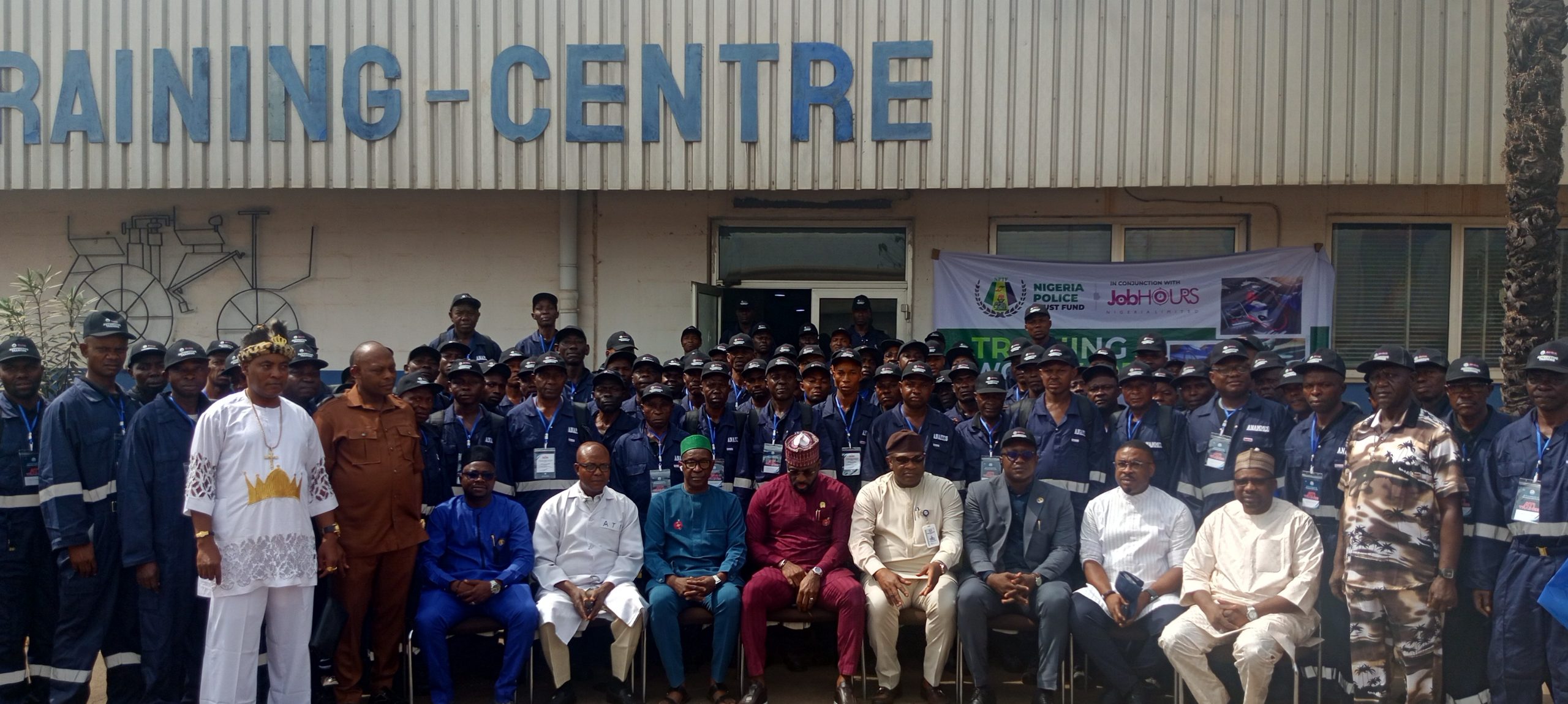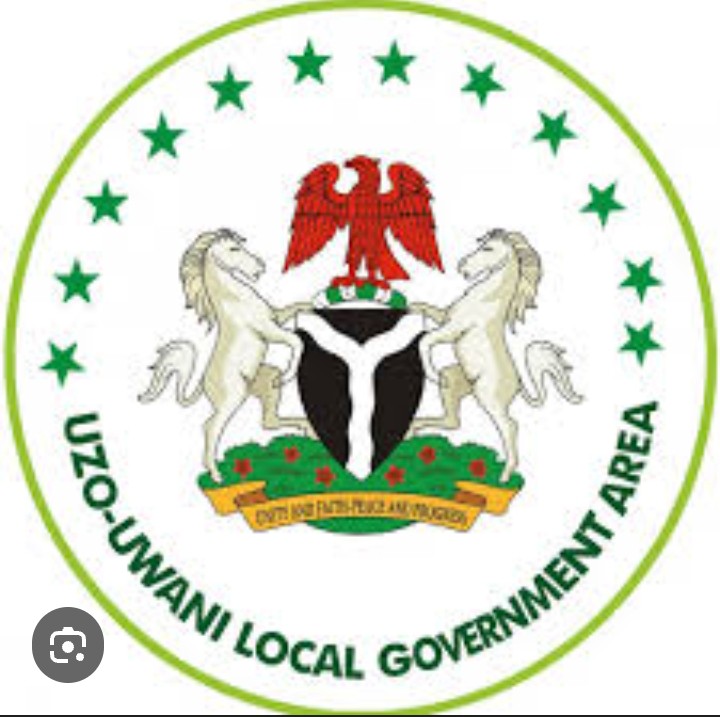 New Service Chiefs, New Hope: Nigerians Expect a Turning Point in National Security
New Service Chiefs, New Hope: Nigerians Expect a Turning Point in National Security
EDITOR
With the Senate’s confirmation of President Bola Ahmed Tinubu’s new Service Chiefs, Nigerians are cautiously optimistic that the long-awaited dawn of peace, stability, and professionalism in the nation’s security architecture may finally be within reach.
After a rigorous two-hour closed-door screening session, the Senate unanimously endorsed Lieutenant General Olufemi Oluyede as Chief of Defence Staff, Major-General Waheedi Shaibu as Chief of Army Staff, Rear Admiral Idi Abbas as Chief of Naval Staff, and Air Vice Marshal Kennedy Aneke as Chief of Air Staff. Their confirmation signals a new phase in Nigeria’s fight against terrorism, banditry, and oil theft — crises that have tested the country’s unity and resilience for over a decade.
A Fresh Strategy for a Stubborn Crisis
In their presentations before lawmakers, the Service Chiefs painted a picture of reform, technology, and synergy — words that Nigerians have heard before, but this time with renewed credibility and focus.
Leading the charge, General Olufemi Oluyede pledged to build a “technology-driven, self-reliant” defence system that breaks Nigeria’s dependence on imported arms. His emphasis on a homegrown military-industrial base struck a chord with senators and citizens alike, as it aligns with the administration’s push for economic self-sufficiency.
“We cannot continue to rely on foreign suppliers for our weapons,” Oluyede declared. “It is economically unsustainable and strategically risky.”
He also underscored the need to make intelligence-led and data-driven warfare the backbone of Nigeria’s defence operations. Analysts believe this approach could be a game-changer, given that poor intelligence coordination has long hampered Nigeria’s counter-insurgency campaigns.
Morale and Welfare Take Centre Stage
For many Nigerians, the morale of soldiers is just as critical as the weapons they wield. Oluyede’s emphasis on welfare, healthcare, housing, and education for military personnel and their families has been hailed as both humane and strategic.
“Morale is the backbone of fighting power,” he told the Senate. “A soldier who feels valued will fight harder and stay committed.”
This pledge resonates deeply with troops on the frontlines, who have often lamented poor welfare and delayed entitlements. If fulfilled, it could significantly boost motivation and discipline within the ranks.
The Navy’s Focus: Securing Nigeria’s Blue Economy
At a time when Nigeria loses billions of dollars annually to oil theft and maritime crime, the appointment of Rear Admiral Idi Abbas comes with high expectations.
Abbas has already outlined an ambitious plan to overhaul the Navy’s surveillance and operational systems. Rejecting the idea of creating a separate Coast Guard, he maintained that the Navy’s existing mandate covers those roles, provided it receives adequate funding.
“The Navy’s constitutional roles already cover what a Coast Guard would do,” Abbas noted. “What we need is better funding and modern surveillance systems.”
He revealed ongoing efforts to deploy drones for real-time monitoring of remote waterways and to strengthen the Special Operations Command in Makurdi, designed to secure the Benue-Lokoja corridor — a hotspot for illegal bunkering and riverine crime.
Abbas’s advocacy for a victim-centred reintegration programme for repentant militants also signals a balanced approach that combines firmness with rehabilitation.
Air Power for the Modern Battlefield
In the air, Air Vice Marshal Kennedy Aneke has promised to reposition the Nigerian Air Force (NAF) as a “combat-ready, disciplined, and intelligent” force powered by drone technology and precision operations.
“Modern warfare is technology-driven. Unmanned aerial systems perform many missions better and safer than manned aircraft,” Aneke said.
He assured lawmakers that Nigeria’s $1.2 billion Super Tucano aircraft fleet remains fully operational, playing a key role in night-time counter-insurgency missions in the North-East and North-West. “Each missile costs about $100,000 — the price of peace,” he remarked pointedly.
Aneke also highlighted plans for continuous pilot training, improved aircraft maintenance, and enhanced welfare packages — areas that analysts say will strengthen the NAF’s operational readiness.
A Unified Command Vision
Perhaps the most promising takeaway from the Senate session was the Service Chiefs’ joint commitment to synergy. In the past, inter-agency rivalry and communication breakdowns often undermined military operations.
This time, Oluyede, Shuaibu, Abbas, and Aneke pledged to work hand-in-hand, ensuring that land, sea, and air operations complement one another. Their unified front aligns with President Tinubu’s broader security reform agenda — one that seeks measurable results and public accountability.
As Oluyede aptly put it: “Every naira invested in the military must translate into peace, safety, and pride for Nigerians.”
Nigerians’ Expectations: Peace With Proof
For a nation weary of bloodshed and insecurity, these promises are inspiring — but Nigerians are looking for results, not rhetoric. The expectation is clear: safer roads, secured farmlands, reduced kidnappings, and restored confidence in the Armed Forces.
From the forests of Zamfara to the creeks of the Niger Delta and the borders of Borno, Nigerians want to see a military that is proactive, professional, and people-focused.
The new Service Chiefs, now at the heart of President Tinubu’s national security team, have inherited both a heavy burden and a historic opportunity.
If they can match their words with action, Nigeria may soon witness what many have long prayed for — a country where peace is not just a promise, but a lived reality.
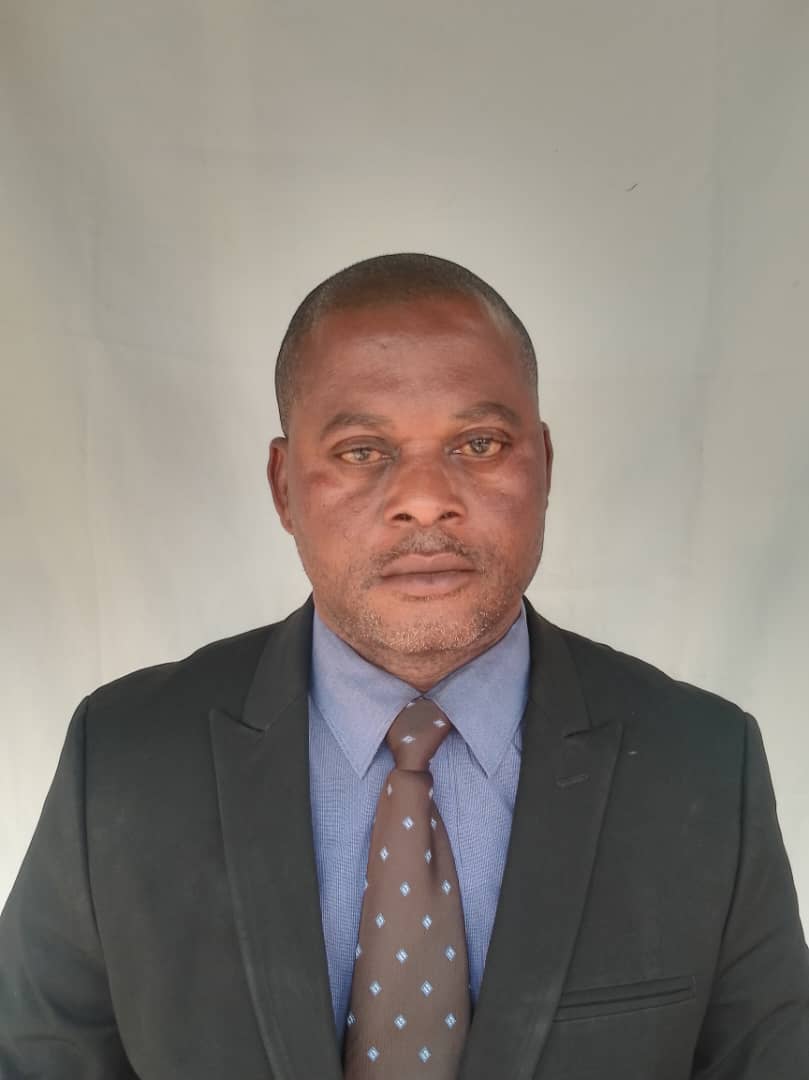
EDITOR
Sam Udekwe is a journalist working in the News and Current Affairs department, Enugu State Broadcasting Service (ESBS) Enugu. He is well trained in all genres of journalistic venture.
Mr Sam read Mass Communication, graduating all with Distinction in National Diploma, Higher National Diploma and Postgraduate Diploma at IMT, Enugu and Madonna University, Okija, Anambra state, as well as M.Sc Mass Communication with Second Class(Upper Division) at National Open University of Nigeria.
He is the immediate past NUJ Chairman, Enugu state.
samowailo@gmail.com

